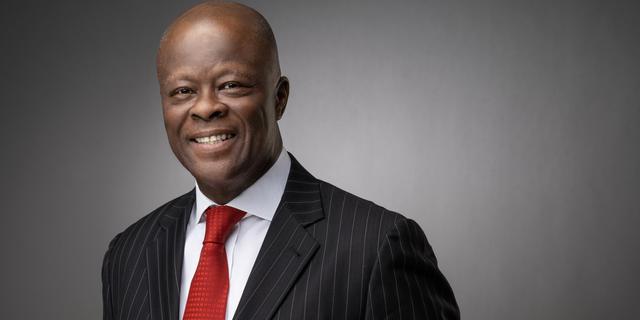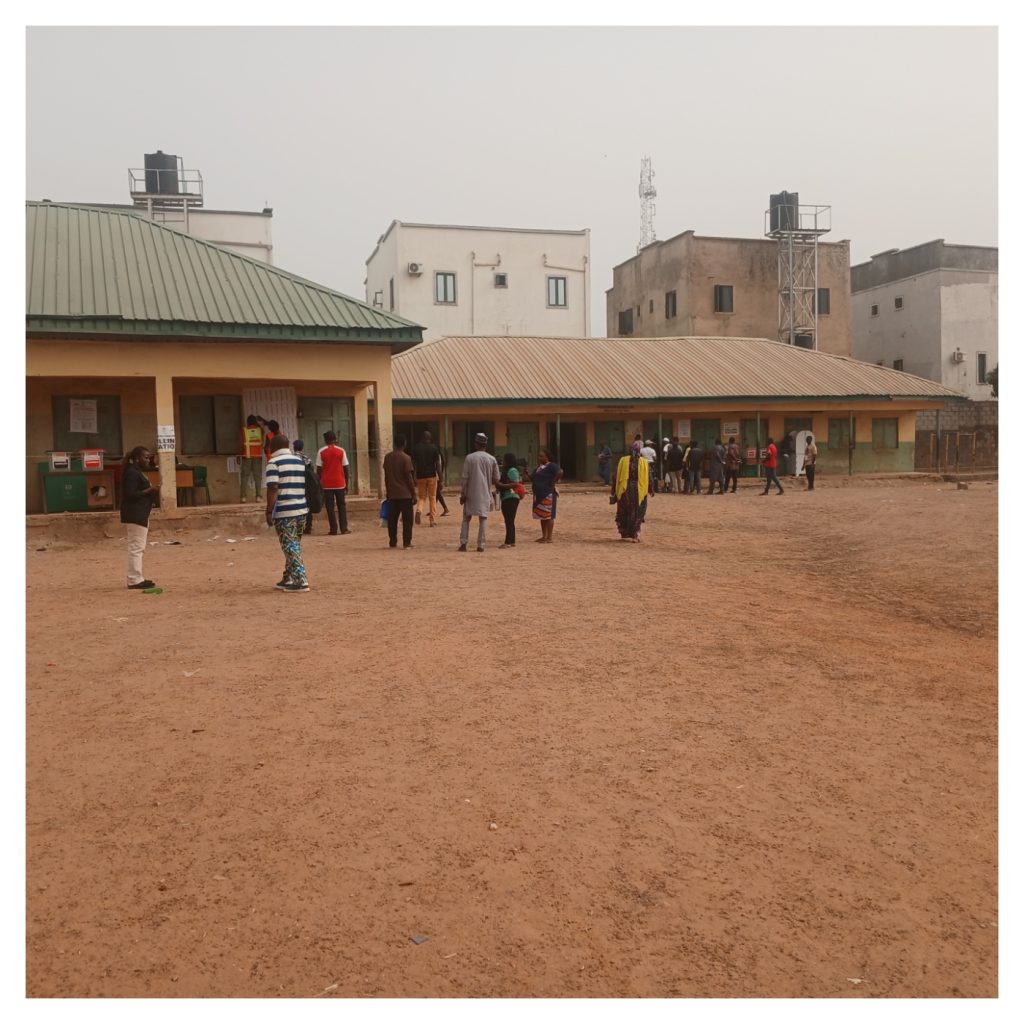As world leaders convene in Belém, Brazil, for the 30th United Nations Framework Convention on Climate Change (UNFCCC) Conference of the Parties (COP30), UN Women is urging the adoption of a robust and well-funded Gender Action Plan (GAP). This framework ensures that climate policies and actions consider gender equality, a crucial aspect of effective climate action. The adoption of a strong GAP at COP30 will shape the next decade of global climate efforts and determine whether gender equality remains a central focus of the UN climate process.
Climate change disproportionately affects women and marginalized groups, exacerbating existing inequalities and placing them at the forefront of climate-related displacement, food insecurity, and loss of livelihoods. The adoption of a strong GAP is not only a matter of justice but also a strategic imperative for effective climate action. According to Sarah Hendriks, Director of Policy, Programme, and Intergovernmental Division at UN Women, “Failure to adopt a robust GAP would undermine hard-won progress and signal that women’s leadership and experience are expendable in the climate fight.”
The first Gender Action Plan, adopted in 2017, has been instrumental in integrating gender considerations across the UNFCCC process, enabling countries, institutions, and civil society to make gender equality a tangible part of climate decision-making. UN Women is calling on parties to adopt a transformative GAP that addresses the root causes of gender inequality and climate vulnerability, is adequately resourced, and protects and promotes the rights of women and girls in all their diversity.
To support this effort, UN Women and the Kaschak Institute for Social Justice for Women and Girls will launch the Gender Equality and Climate Policy Scorecard, a tool that measures how governments are tackling gender inequalities through their national climate policies. The initial analysis of 32 Nationally Determined Contributions (NDCs) identifies progress and gaps across six dimensions: economic security, unpaid care work, health, gender-based violence, participation and leadership, and gender mainstreaming.
The findings show that while most countries acknowledge women’s vulnerability to climate change, fewer recognize their contributions to climate solutions or take a comprehensive approach to addressing gender inequalities. The Scorecard will be discussed at UN Women’s COP30 side event, “Gender-Responsive Climate Action: Unleashing and Accelerating Implementation of the Paris Agreement,” on November 20.
The adoption of a strong GAP at COP30 is a critical moment for global commitment to gender equality and the integrity of the UNFCCC as a platform for inclusive and rights-based multilateral climate governance. UN Women is calling on global leaders to reaffirm that gender equality is a central pillar of effective, inclusive, and just climate action. The outcome of COP30 will have significant implications for the next decade of global climate efforts and the lives of women and marginalized communities around the world.

![papaya ex accuses lagos police of assault on tiktok live He hit my face, breasts with gun - Papaya ex alleges assault by Lagos Police [VIDEO]](https://mediatalkafrica.com/wp-content/uploads/2026/02/xPapaya-Ex-Accuses-Lagos-Police-of-Assault-on-TikTok-Live-1024x1024.jpg.pagespeed.ic.-z5TRq1vOl.jpg)

